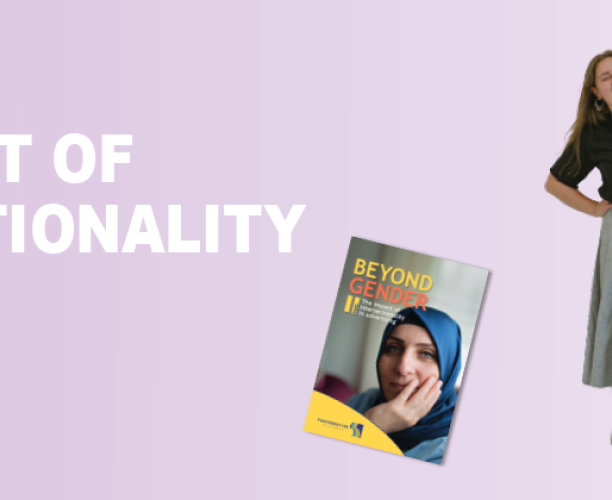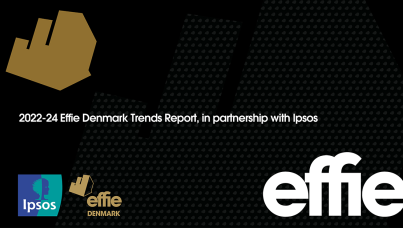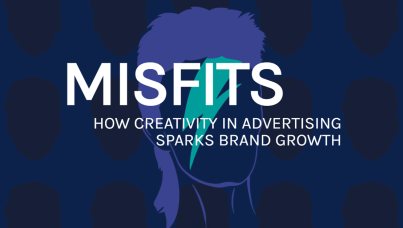

Positive impact of intersectionality in advertising
DANSK VERSION →
The report examines the impact of intersectionality in advertising across four countries (Japan, Turkey, the United Kingdom, and the United States) revealing that advertising that represents people across a variety of social categorizations resonates with all consumers. This marks the second instalment of the ‘Beyond Gender' study; the first report released in 2018 centred on how gender intersects with cultural contexts and forms of discrimination in Brazil, India, and South Africa. Convened by UN Women, the Unstereotype Alliance is a thought- and action platform that seeks to eradicate harmful stereotypes from advertising and media.
Sara Denby, Head of the Unstereotype Alliance Secretariat, UN Women, said: “This unique study not only demonstrates that advertising has the ability to drive positive social change, but that fully representative and inclusive portrayals of people in all their unique complexities is good for business in every market."
The distinct findings across the countries underscore the importance of approaching intersectionality through a culturally-nuanced lens, both in terms of representation and the consideration of people’s experiences and feelings in each community.
The new research found that intersectional advertising grows and deepens consumers' ties with a brand. The inclusion of progressive and intersectional portrayals of people drives their feelings of “closeness” with a brand – an indicator of brand performance – with a significantly acute impact on under-represented and traditionally marginalized communities.
Whilst intersectionality in advertising may be seen as only affecting a small or targeted group of people, the research illustrates its impact can be far greater. Many consumers state they do not see themselves in advertising and struggle to find products that feel as though they’re made for them – confirming the shift to more representative content is not just the right thing to do, but also a business imperative.
Philip Thomas, Chairman, LIONS said: “Lions supports these initiatives, firstly because they raise awareness of the issues facing our industry and secondly - and perhaps more importantly - because they offer best practice guidance on how we can drive change and progress.
Intersectionality in advertising is an incredibly important area of focus; it supports the full and true representation of people’s lived experiences
It’s our hope that people actively engage with the findings of this research and the importance of an intersectional approach so that we see more progressive and representational advertising reflected back.”
Kaitlin Love, Vice-President, Ipsos said: “Across the industry, consumers feel that brands lag behind the rapid demographic and normative shifts happening in society."
This groundbreaking research shows that brands only stand to benefit from taking an intersectional approach in their advertising.
Some overall highlights from the report include:
- Changing expectations of advertising: Ads with diverse representations of people in terms of gender, race, ethnicity, religion, body size, sexual orientation, ability and more, in roles that defy traditional stereotypes, are best positioned to meet consumer expectations, and strengthen their business performance.
- Advertising still does not depict reality: The measure of feeling under-represented in advertising was held by most respondents in all countries: Japan (68%), Turkey (66%), the U.K. (59%) and the U.S. (53%). In all countries, those who identify as a minority were more likely to agree that they rarely see themselves in advertising.
- Consumer fears in daily life persist: The research included measures of self-perception and discrimination. Those traditionally considered to be at the margins of society in all four countries feared discrimination the most.
- The positive impact of intersectionality: While there were significant differences in each country in the reactions to advertising, at an overall level, intersectional ads that represent people across a variety of social categorizations performed well in Turkey (+3.5), the U.K. (+ 4.1), and the U.S. (+5.5), with less impact noted in Japan (+1.2). The degree to which the advertising moves people closer to the brand is, in most cases, higher among traditionally marginalized populations than the consumer average in each country. Across Turkey, the U.S., and the U.K., many of the groups that feel under-represented overlap with those who are most moved by intersectional advertising.
Market-specific highlights and detailed breakouts along with context and perspectives from a range of respected academics can be found in the full report available here.




